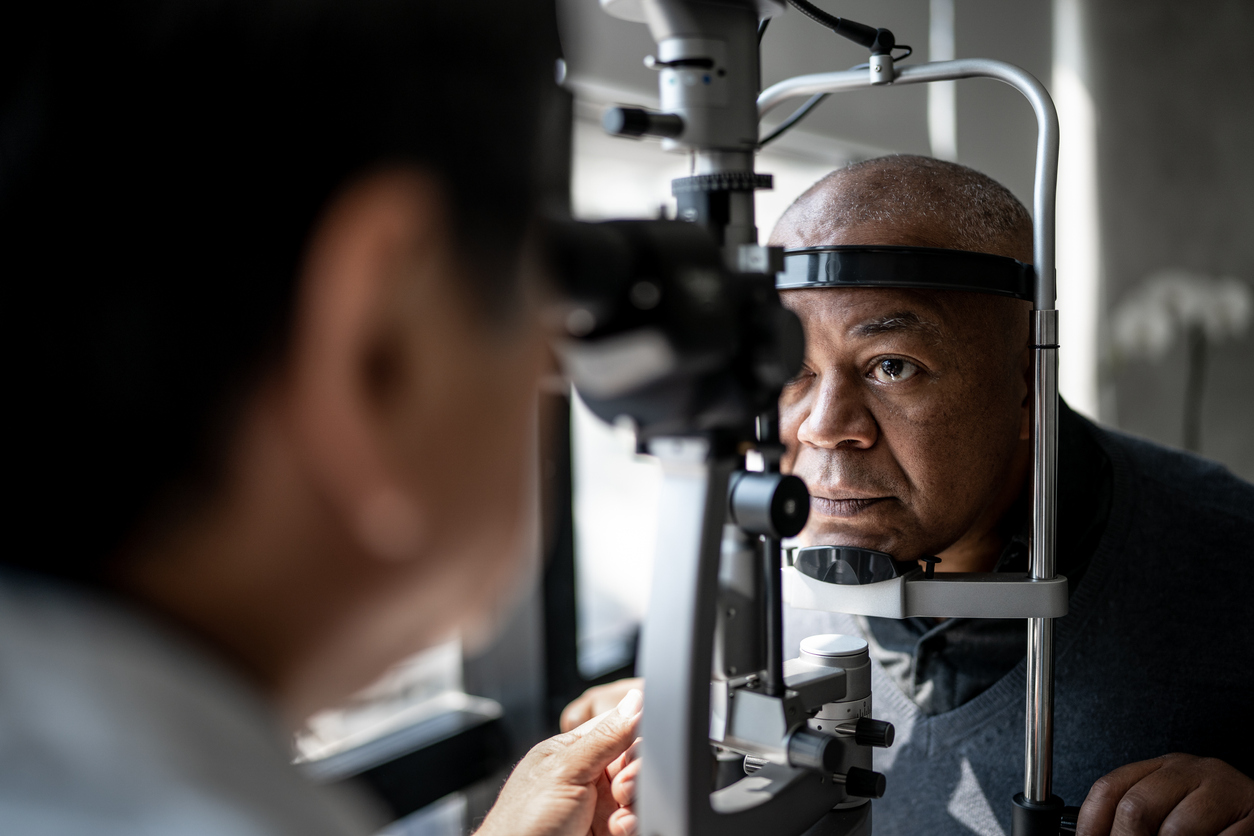Since 2007, the ocular 4:1 multiplex PCR assay in NHS Greater Glasgow and Clyde includes Chlamydia trachomatis (ocular chlamydia (OC)) testing. OC can be identified following routine ‘viral’ ophthalmic testing, including in asymptomatic patients. A published audit from 2008 identified only 25% of our OC patients attended and completed sexual health management, particularly when ophthalmologists initiated treatment. We subsequently created a shared care network between ophthalmology, virology and sexual health (including a designated sexual health advisor) to address these clinical issues.
A 10-year retrospective service review audit from January 2010 to December 2019 was performed to evaluate this approach.
A total of 86 patients were identified (49 males (57%), median age 23 years (range 16-77)). Ophthalmologists initiated treatment for 37 patients (43%) prior to onward sexual health referral. Of this group, 5 (13.5%) received sub-optimal treatments, and 15 (40.5%) subsequently failed to attend sexual health services for partner notification. Of the 49 (57%) patients who attended sexual health, 25 (51%) had genital chlamydia co-infection, and 98% received adequate systemic treatment. All were offered full sexual health screening and 46 (93.9%) completed partner notification.
This shared care approach more than doubled the proportion of OC patients attending sexual health services over this 10-year period (previously 25%, now 57%). Ophthalmologists could defer treatment to sexual health for more effective OC management; however, challenges remain to address real-world issues of non-attendance, inadequate treatment and incomplete contact tracing. We recommend a multi-disciplinary approach to best manage OC cases identified following ophthalmic testing.
Ten-year review of a shared care approach in the management of ocular chlamydia trachomatis infections.


